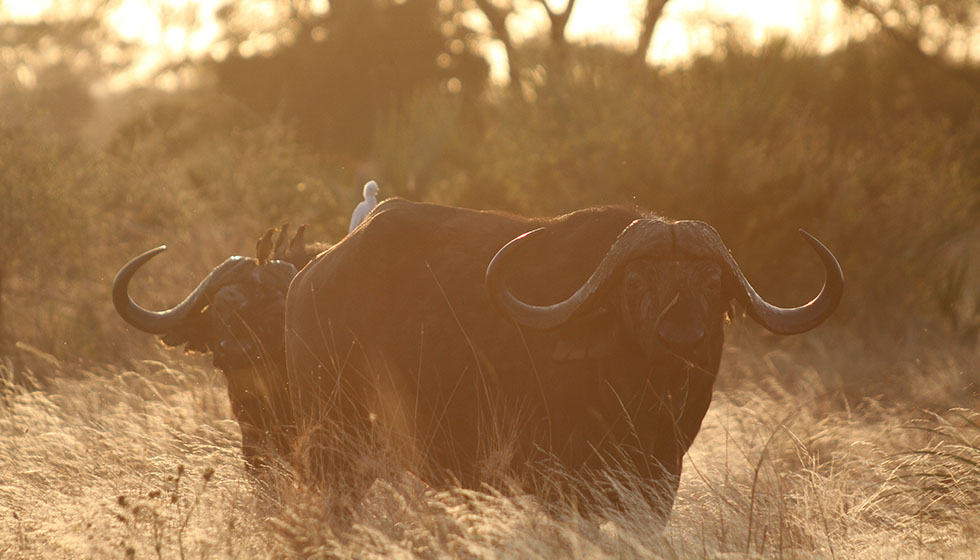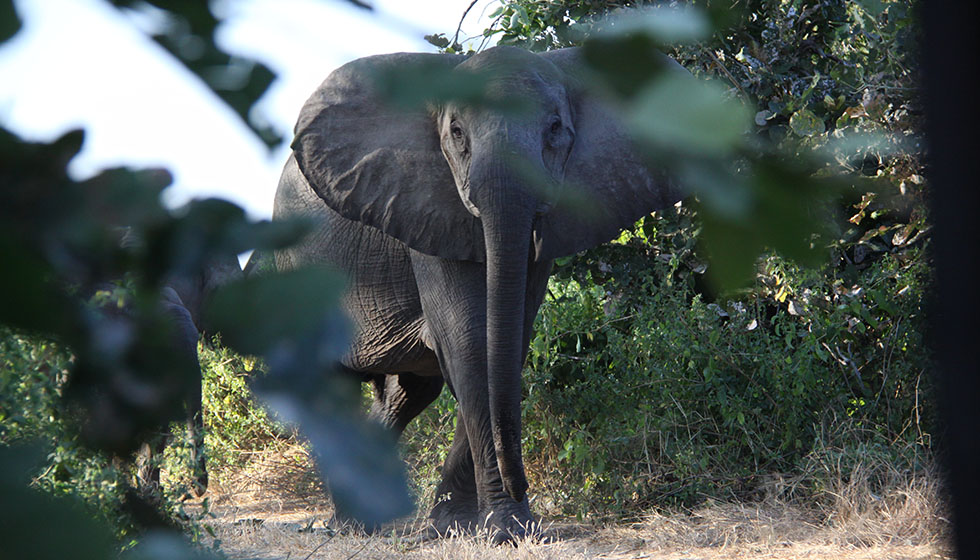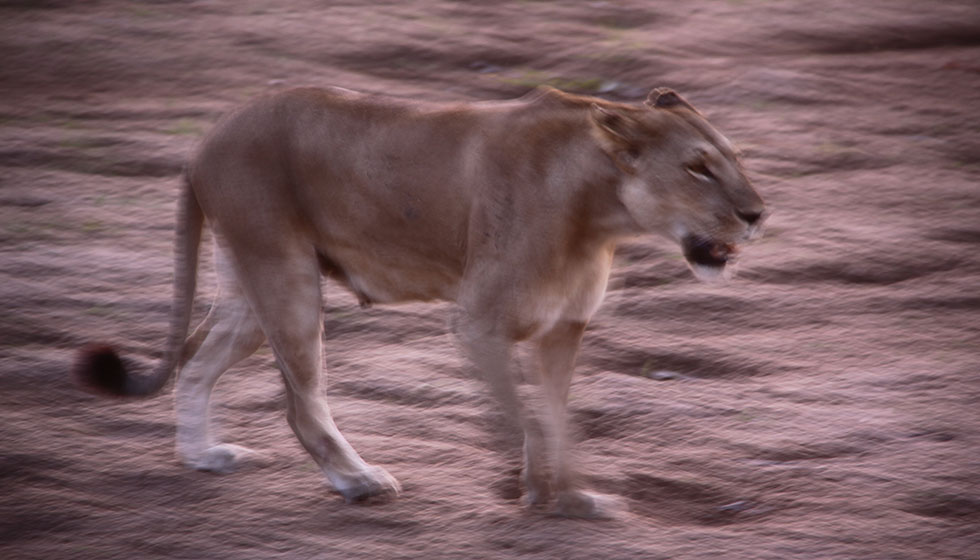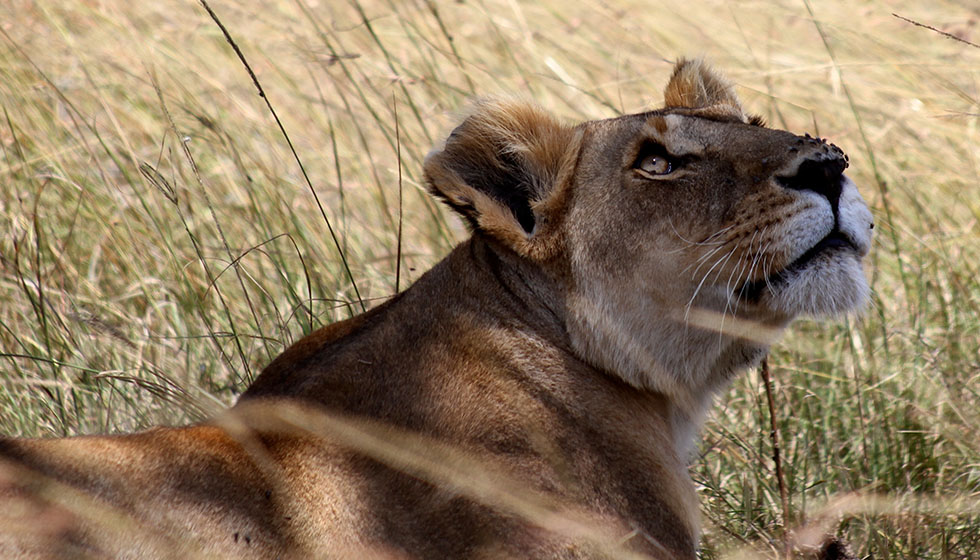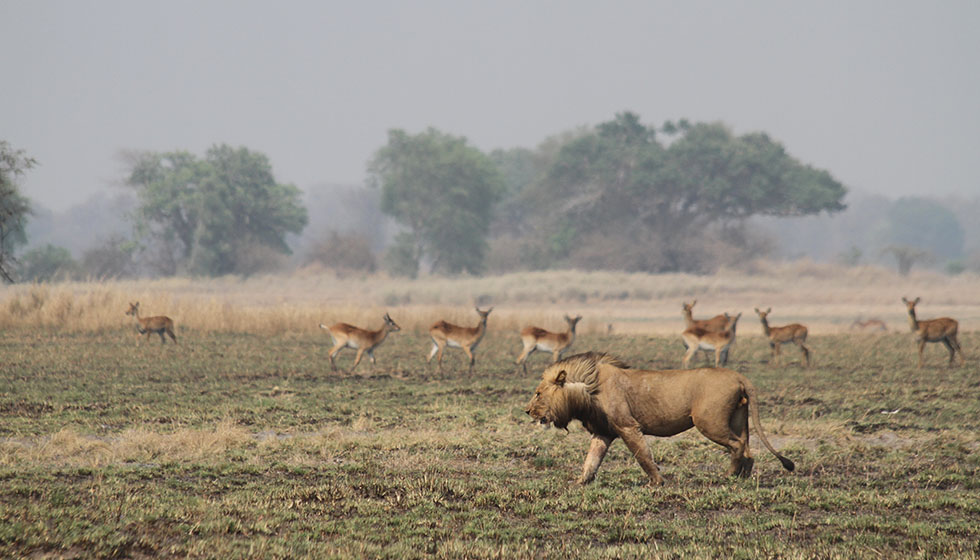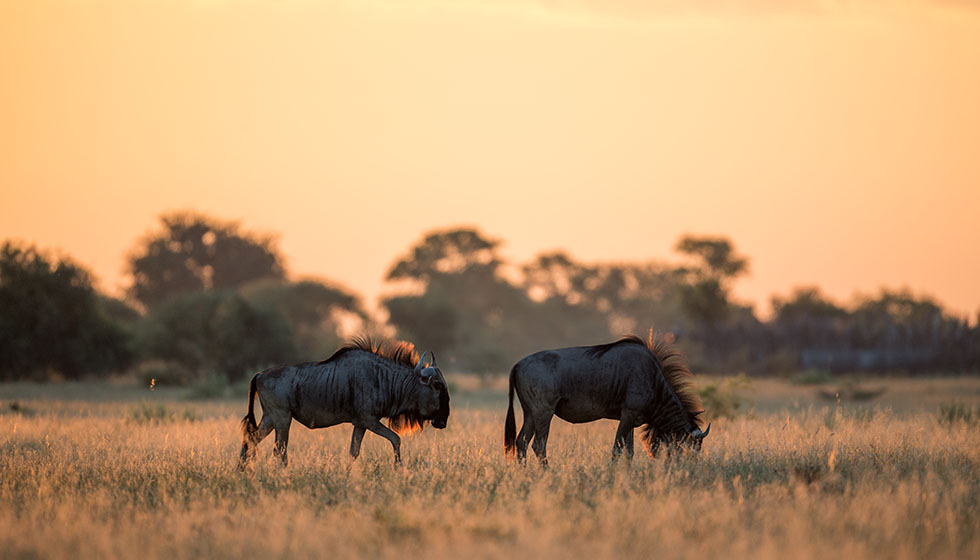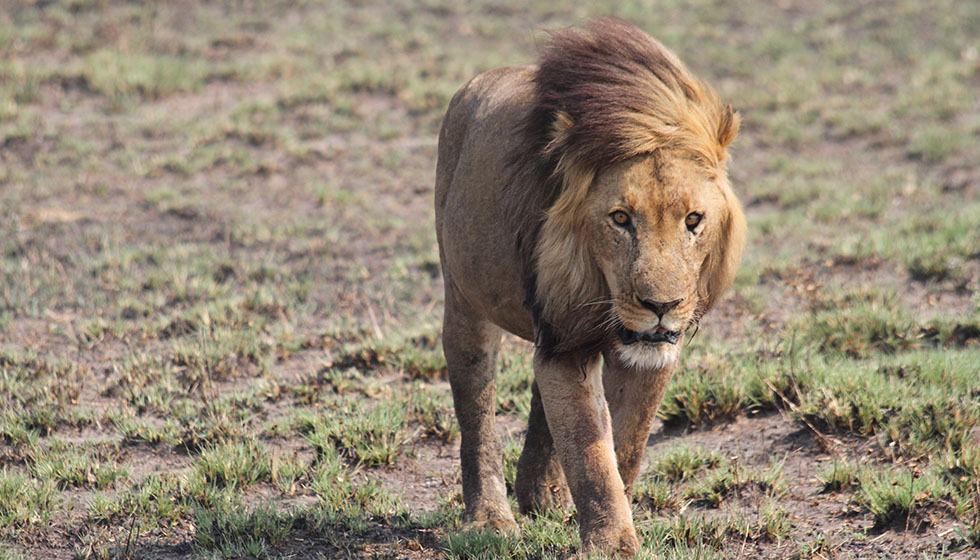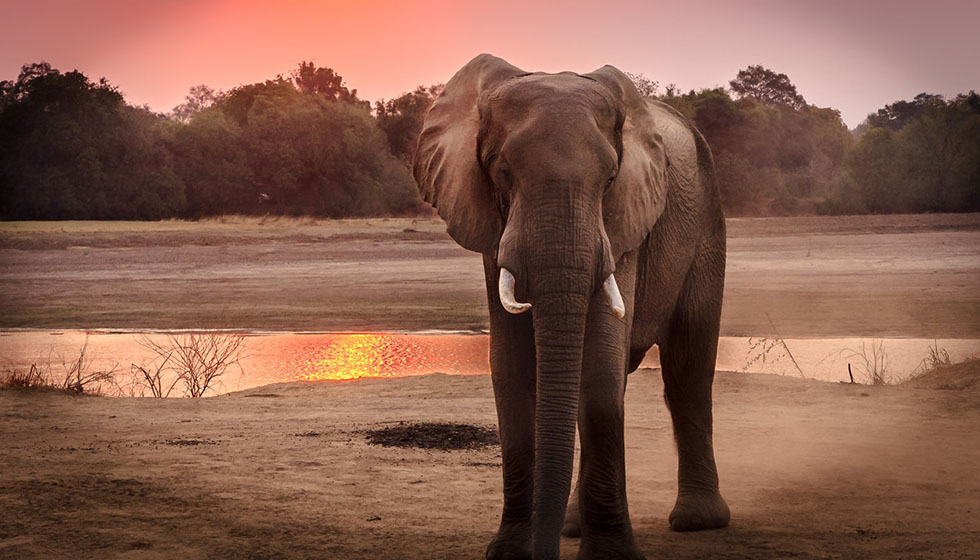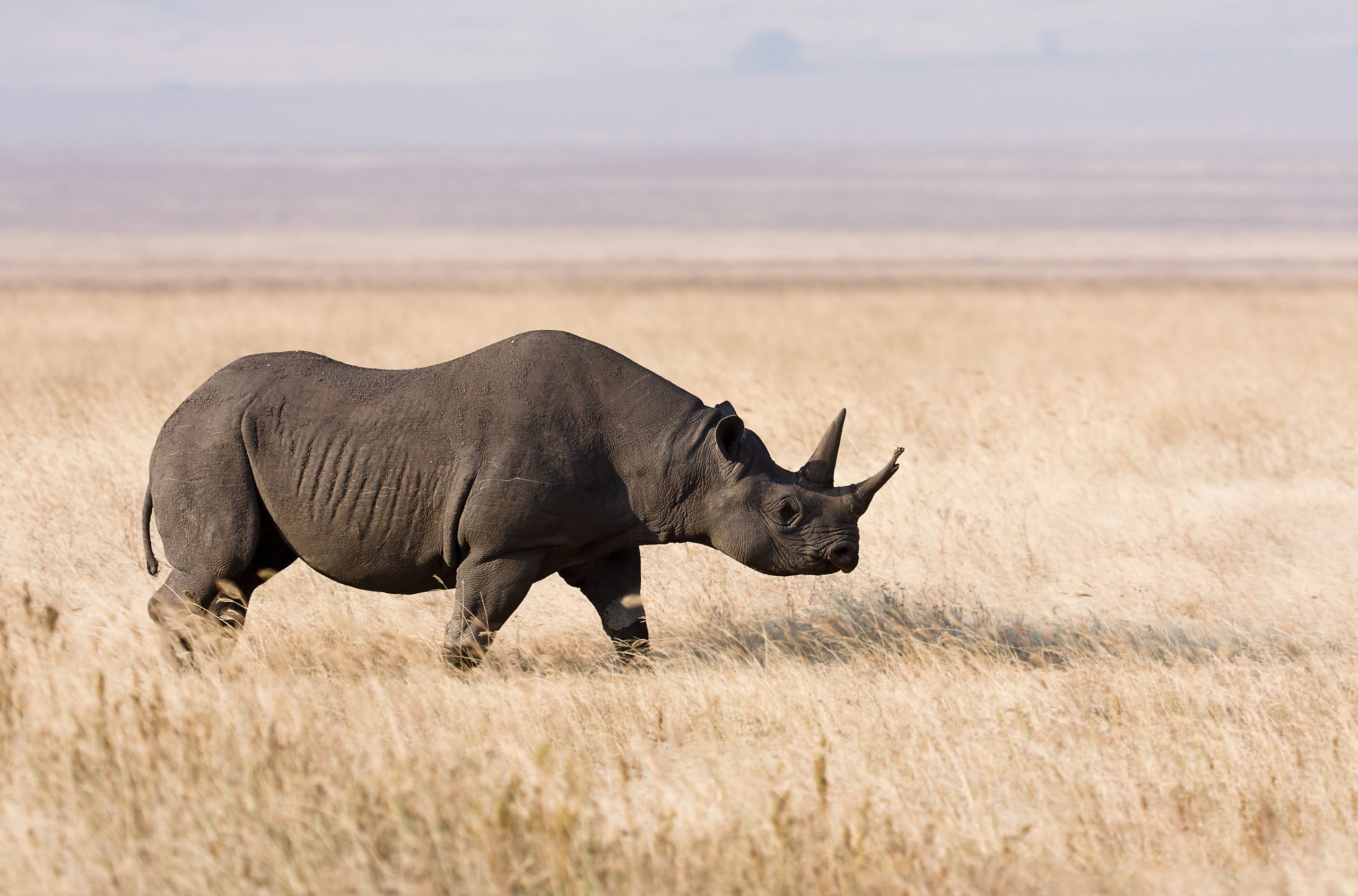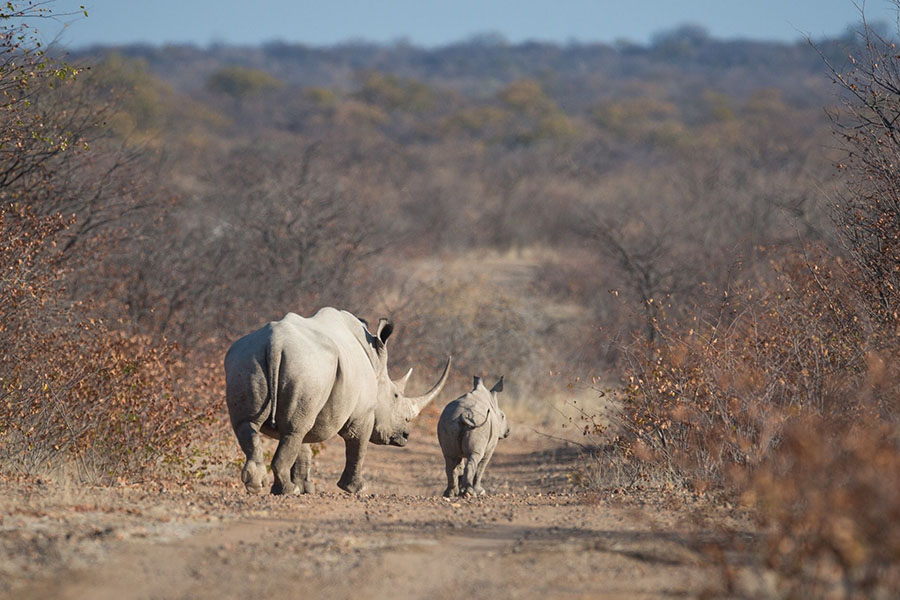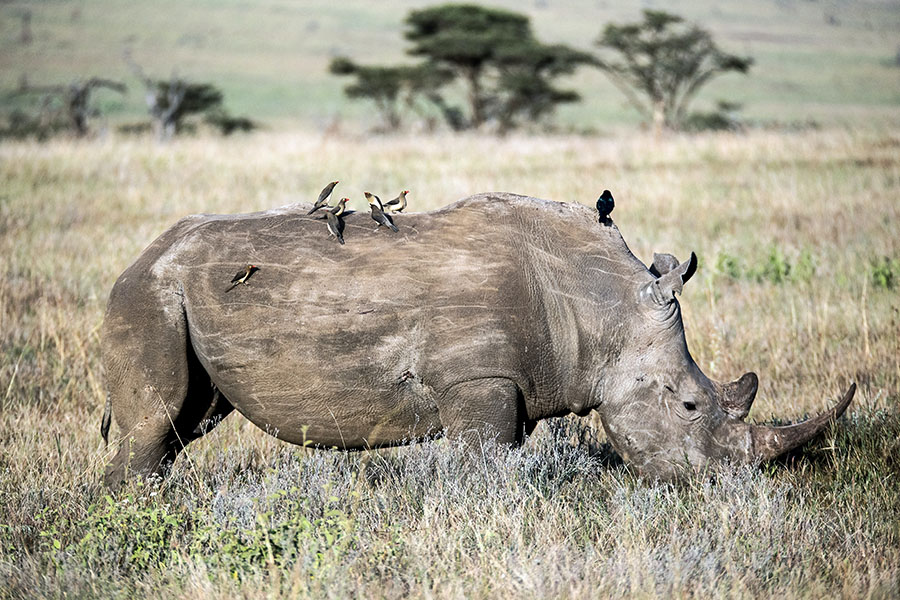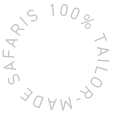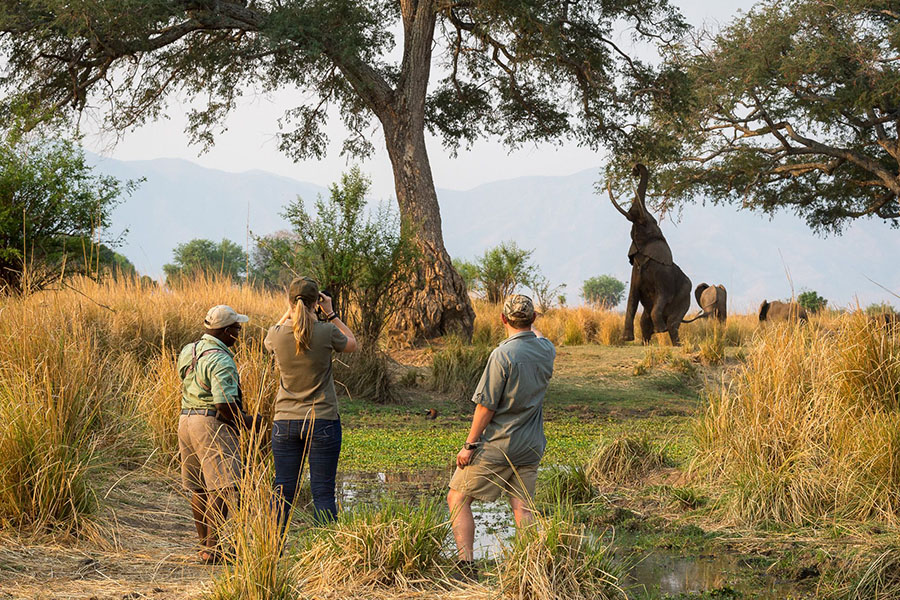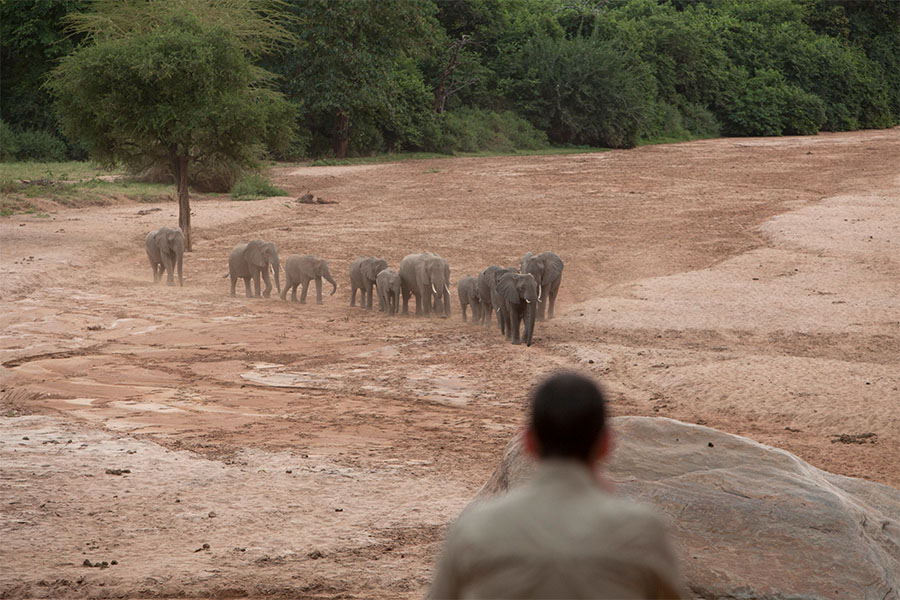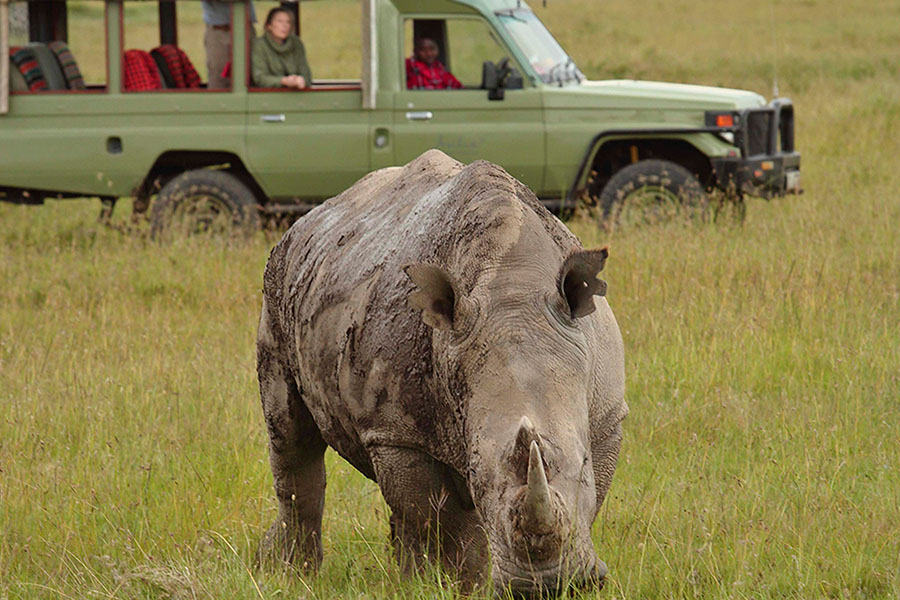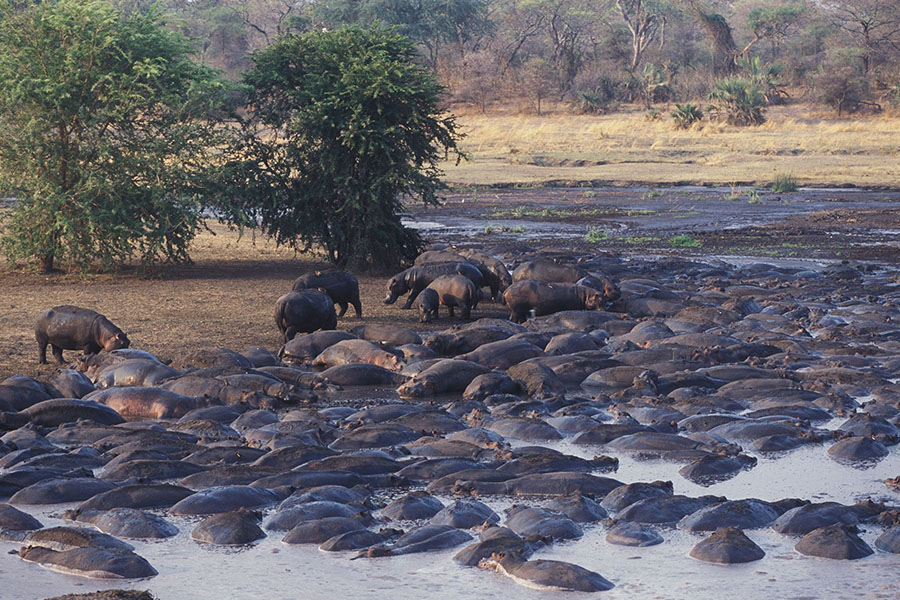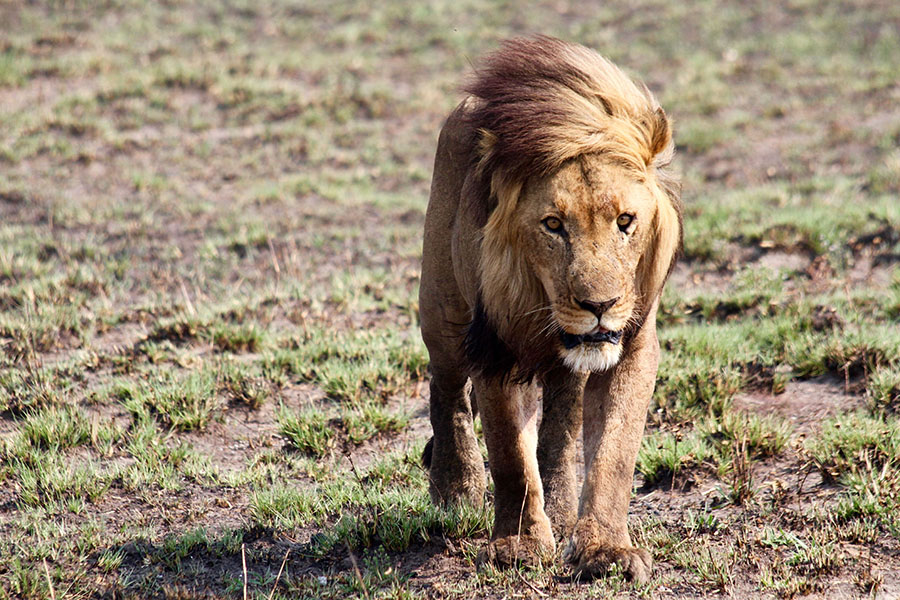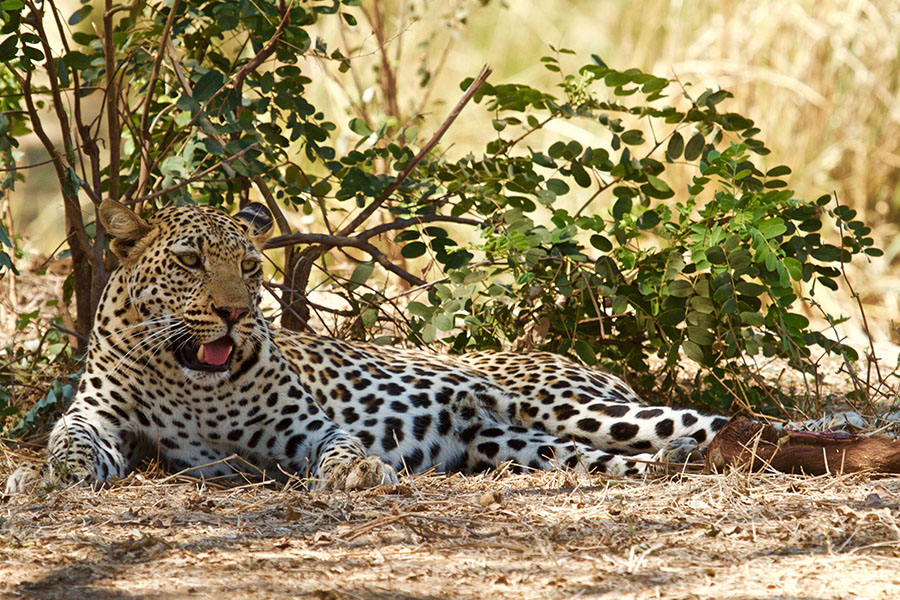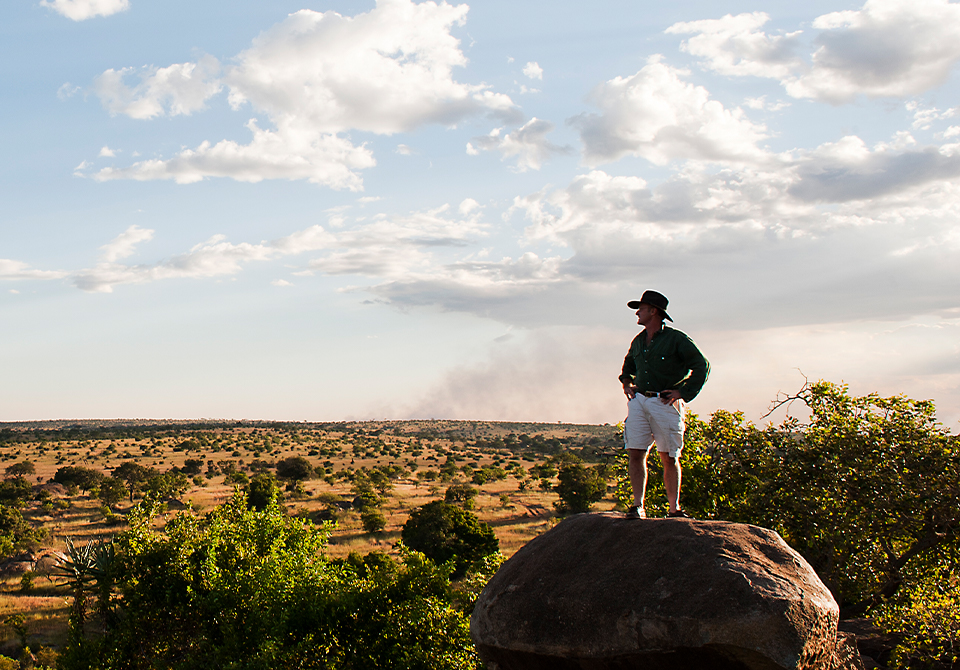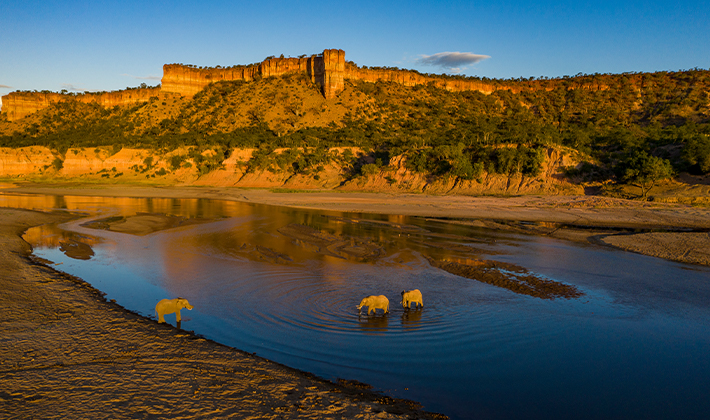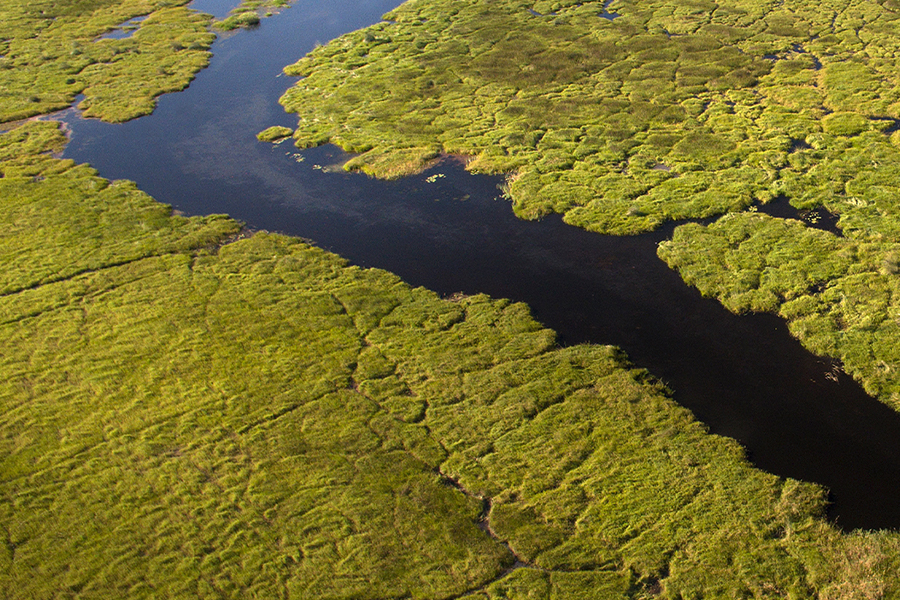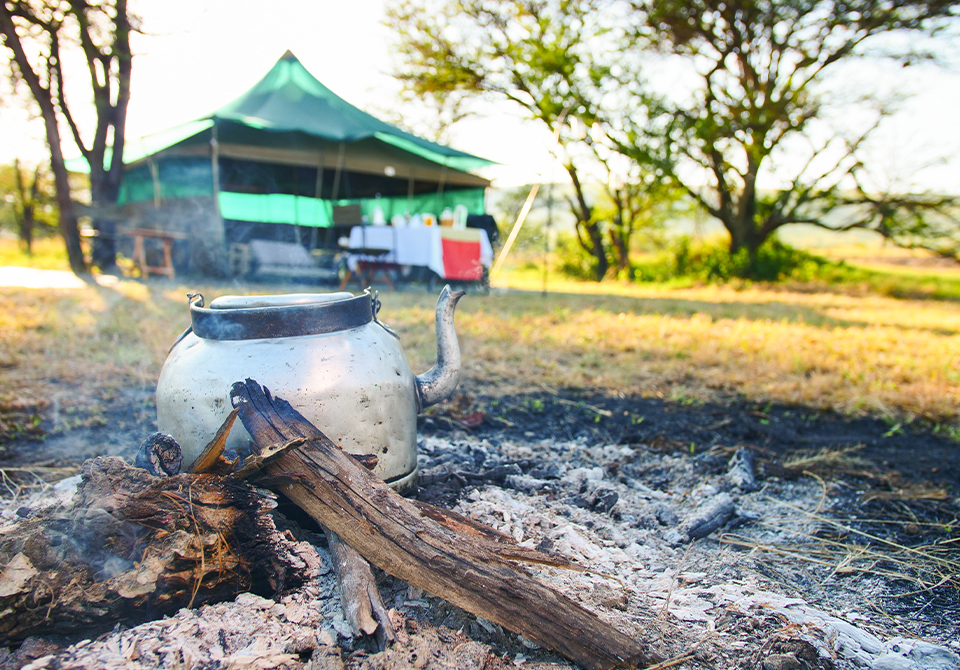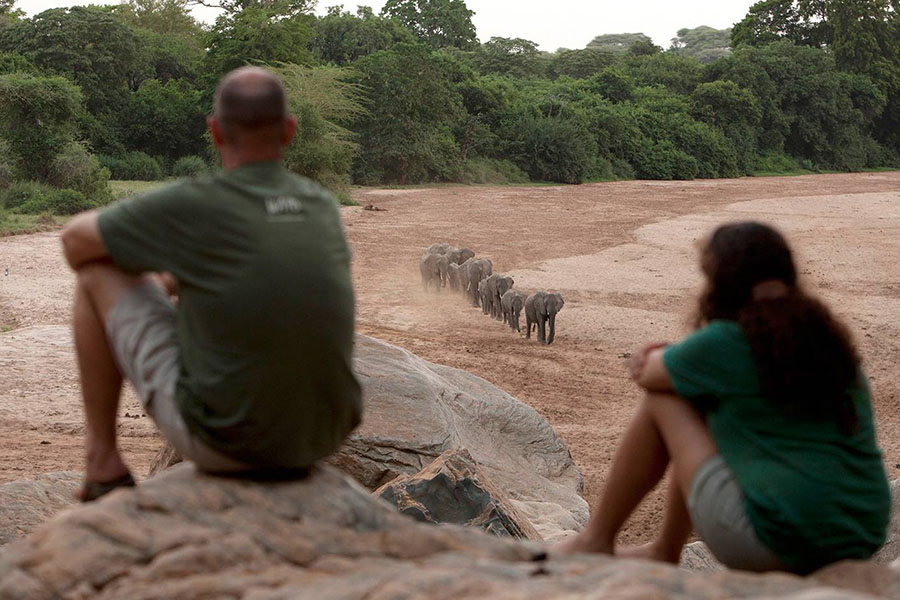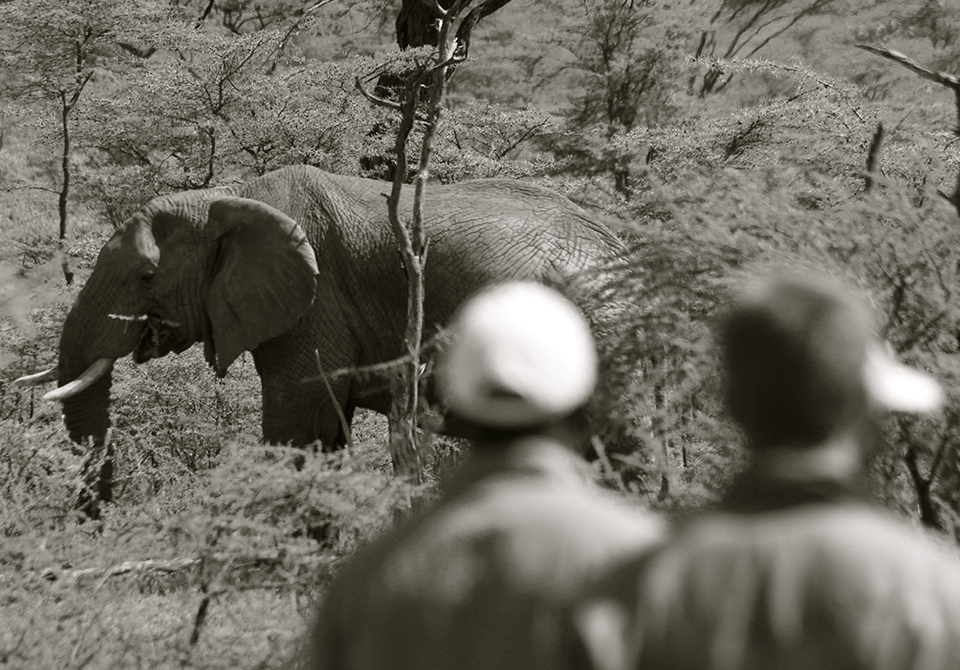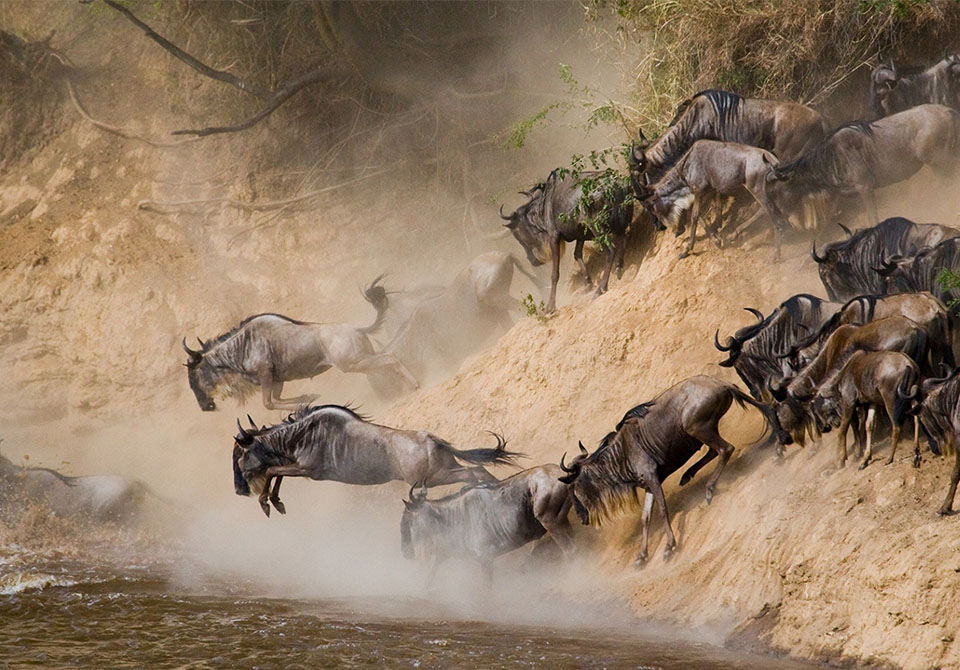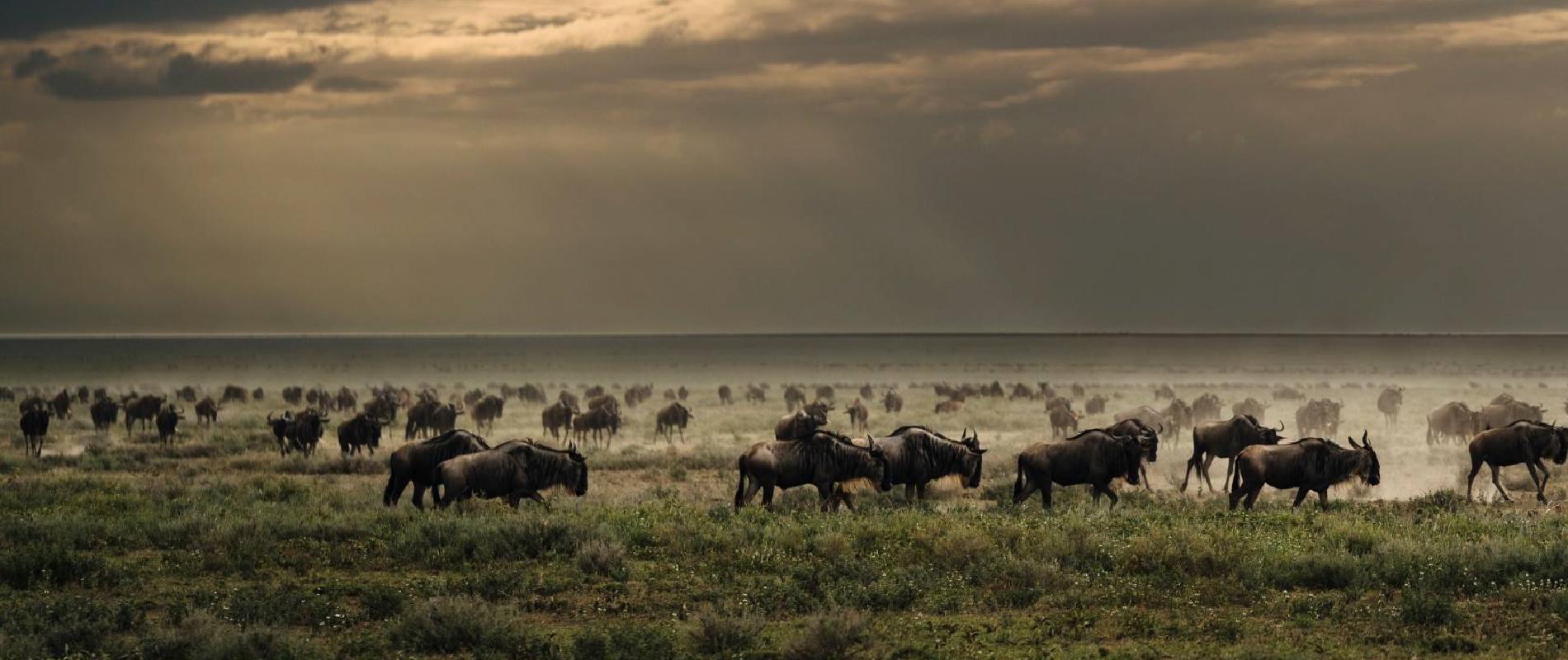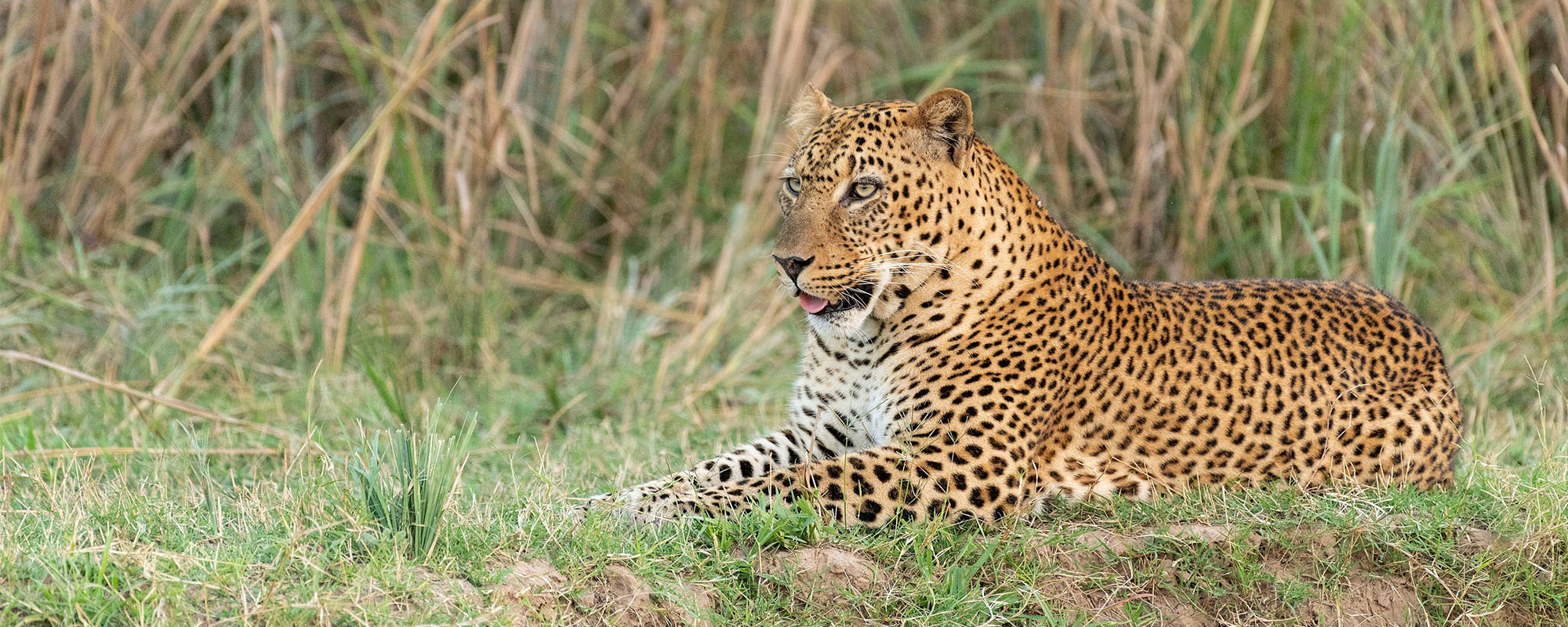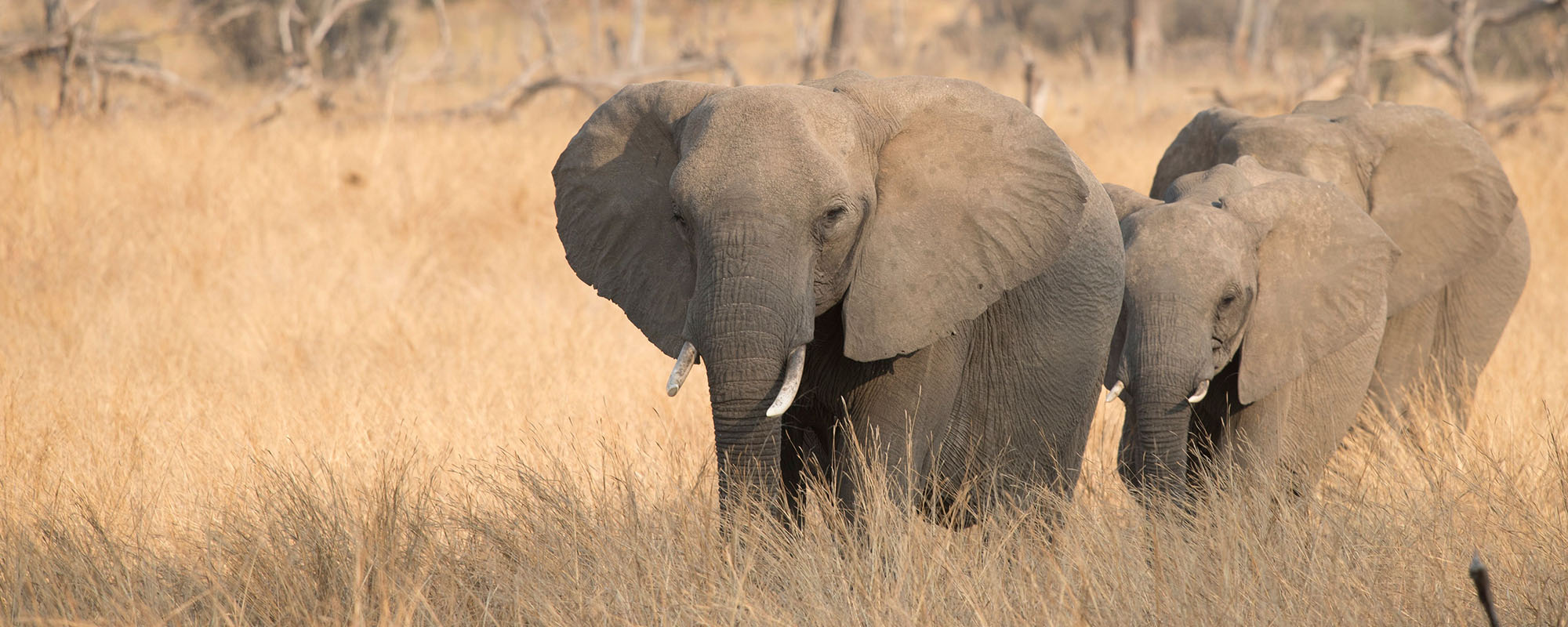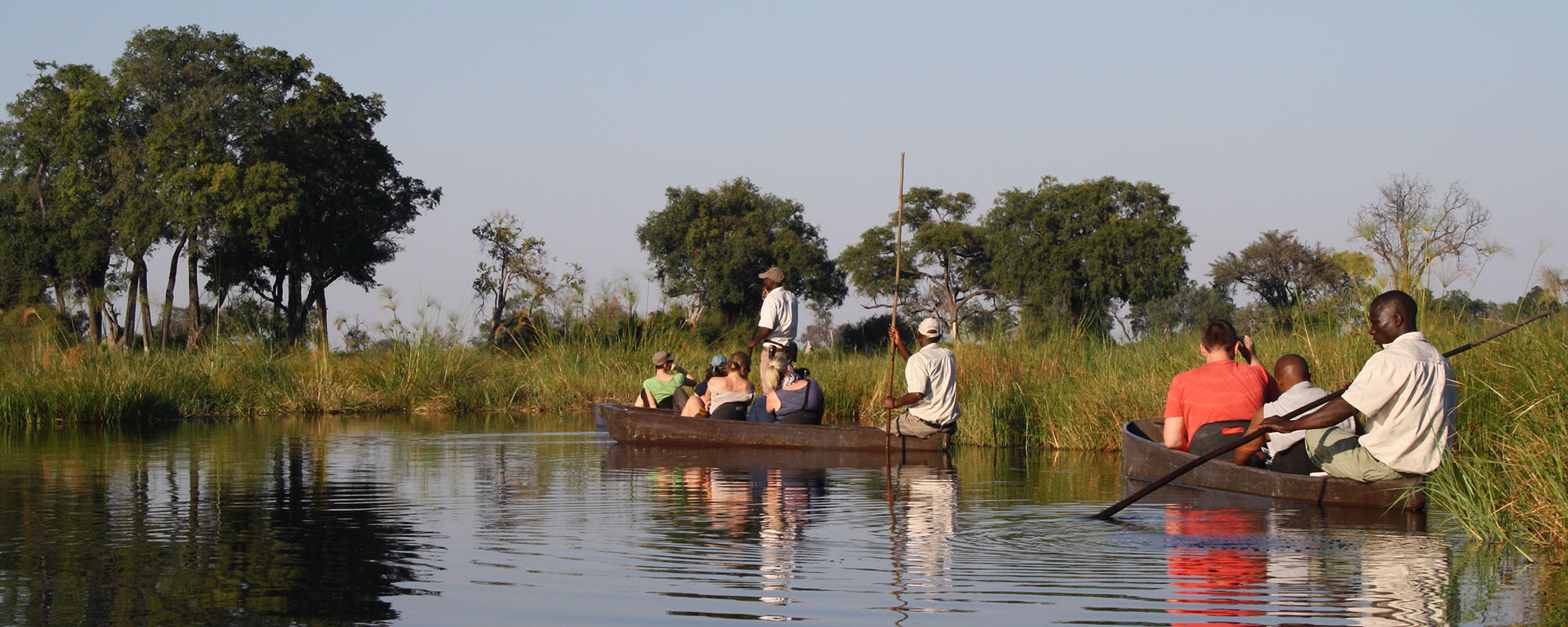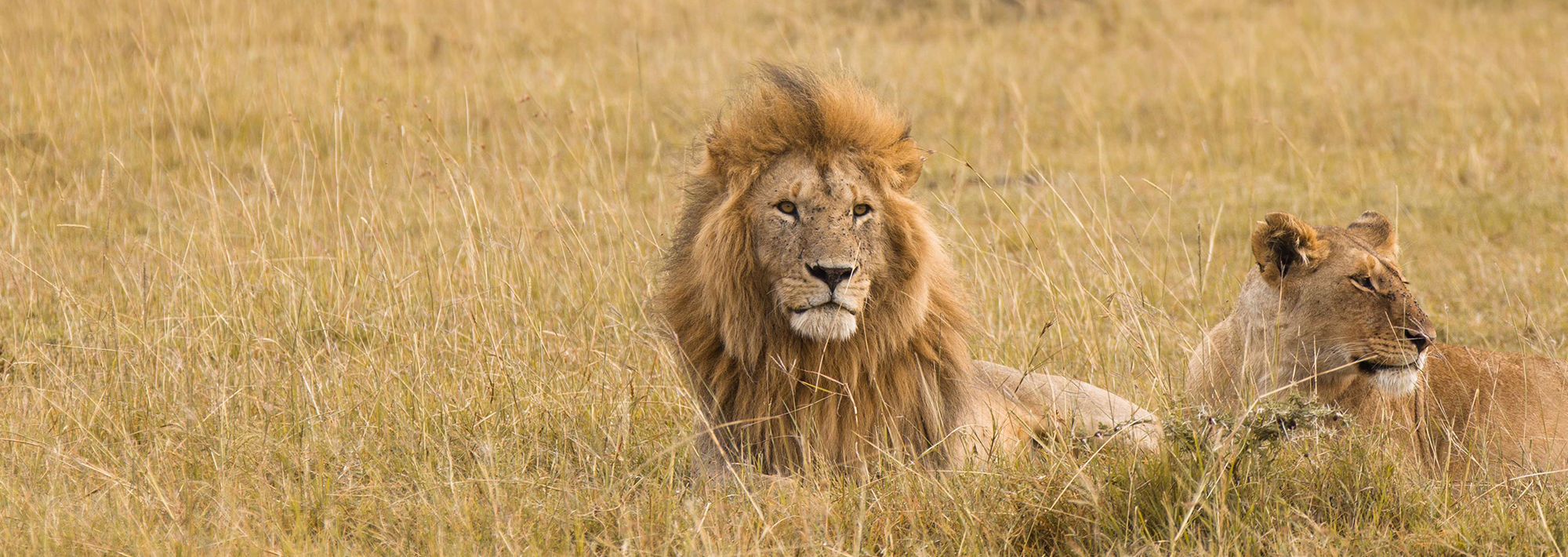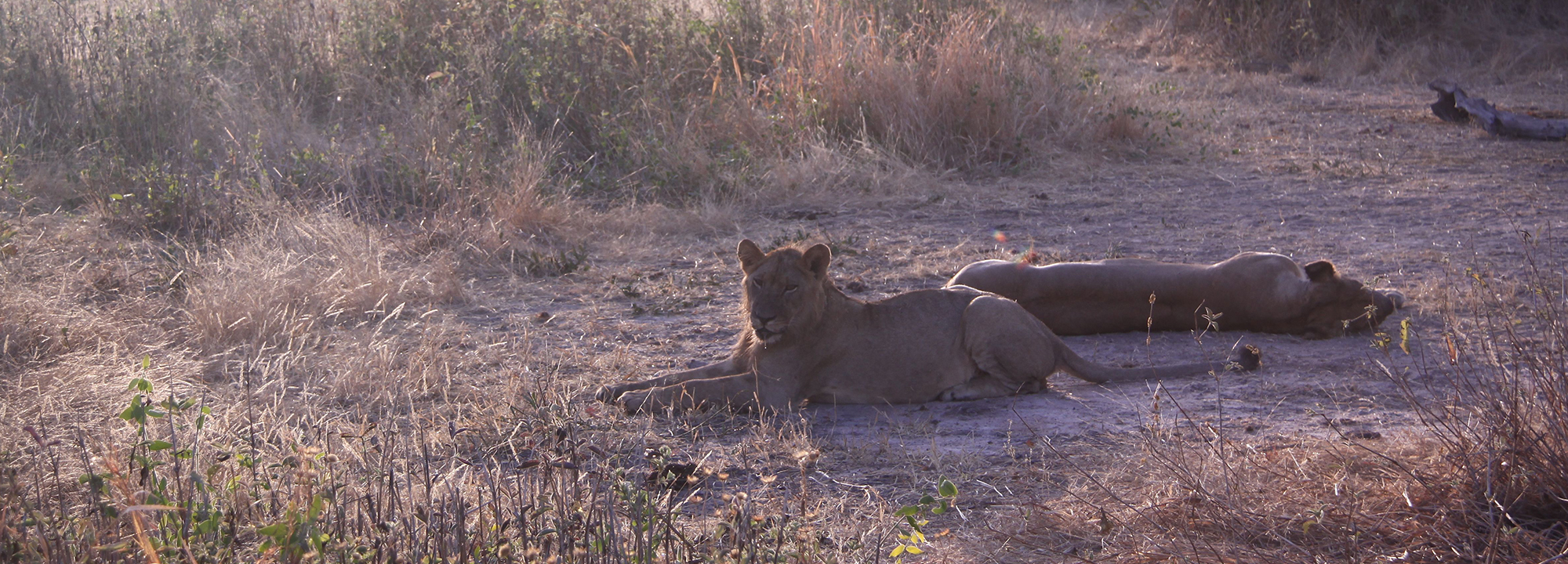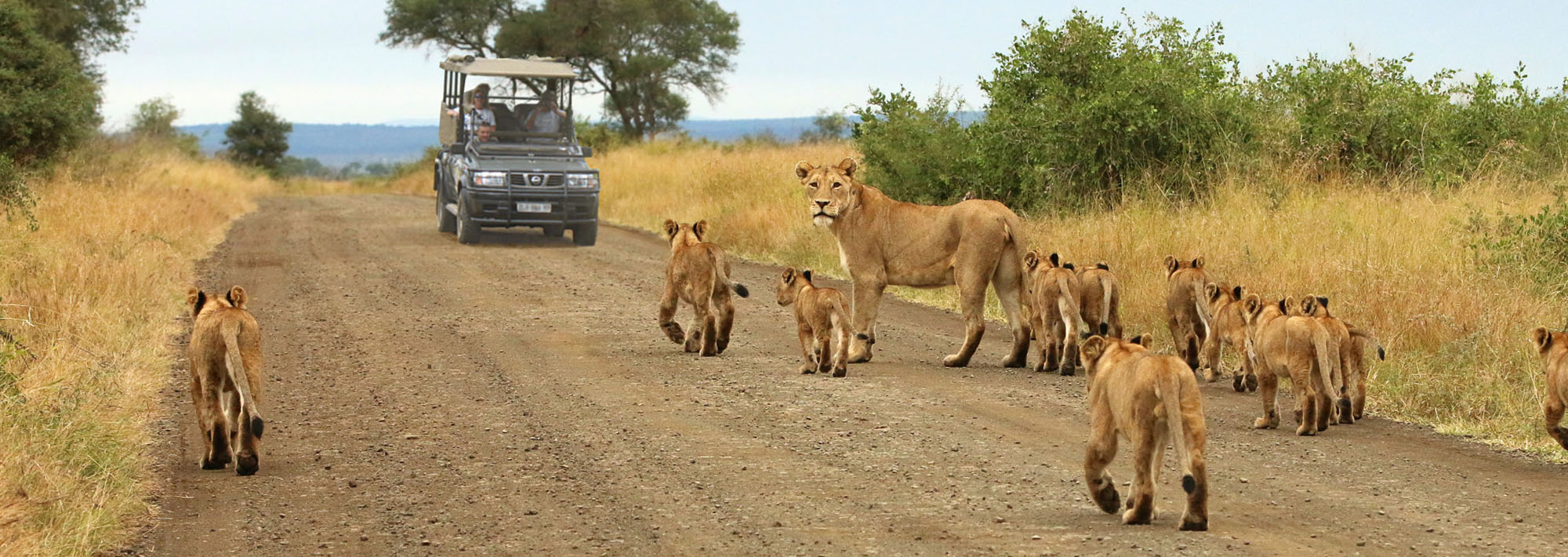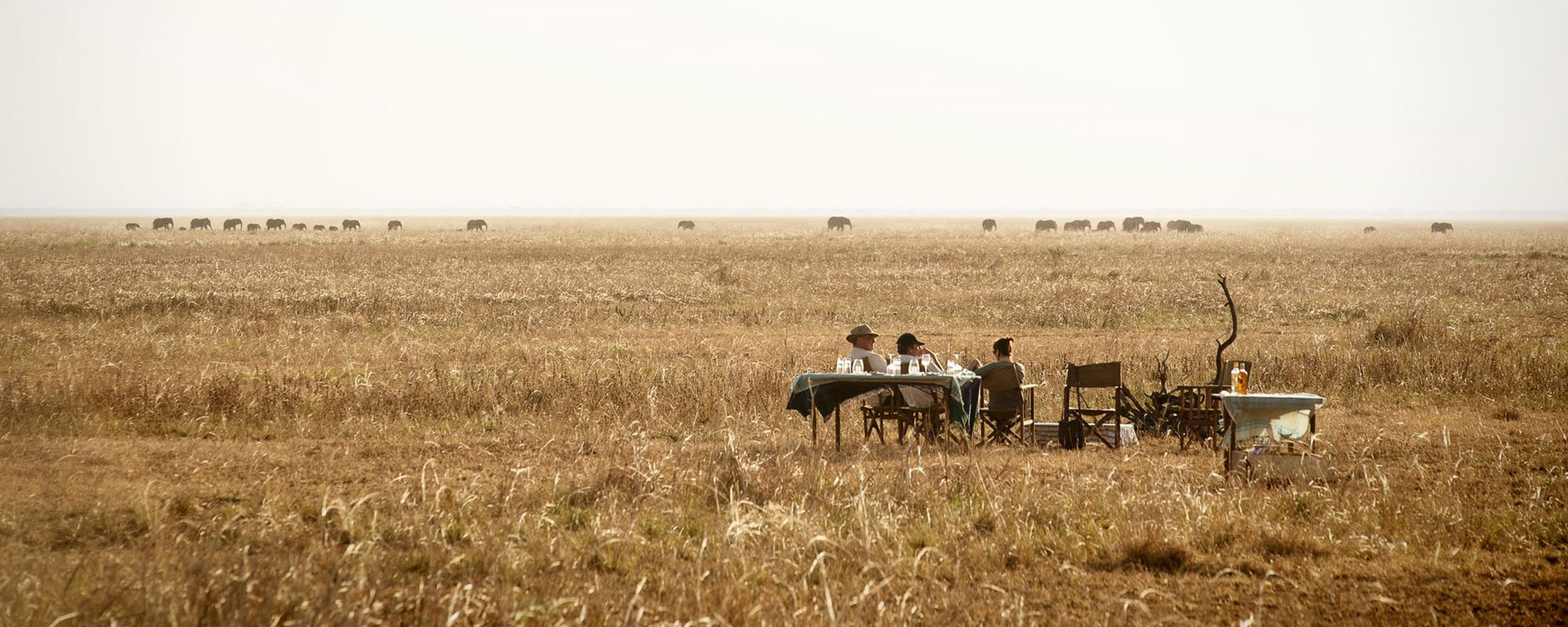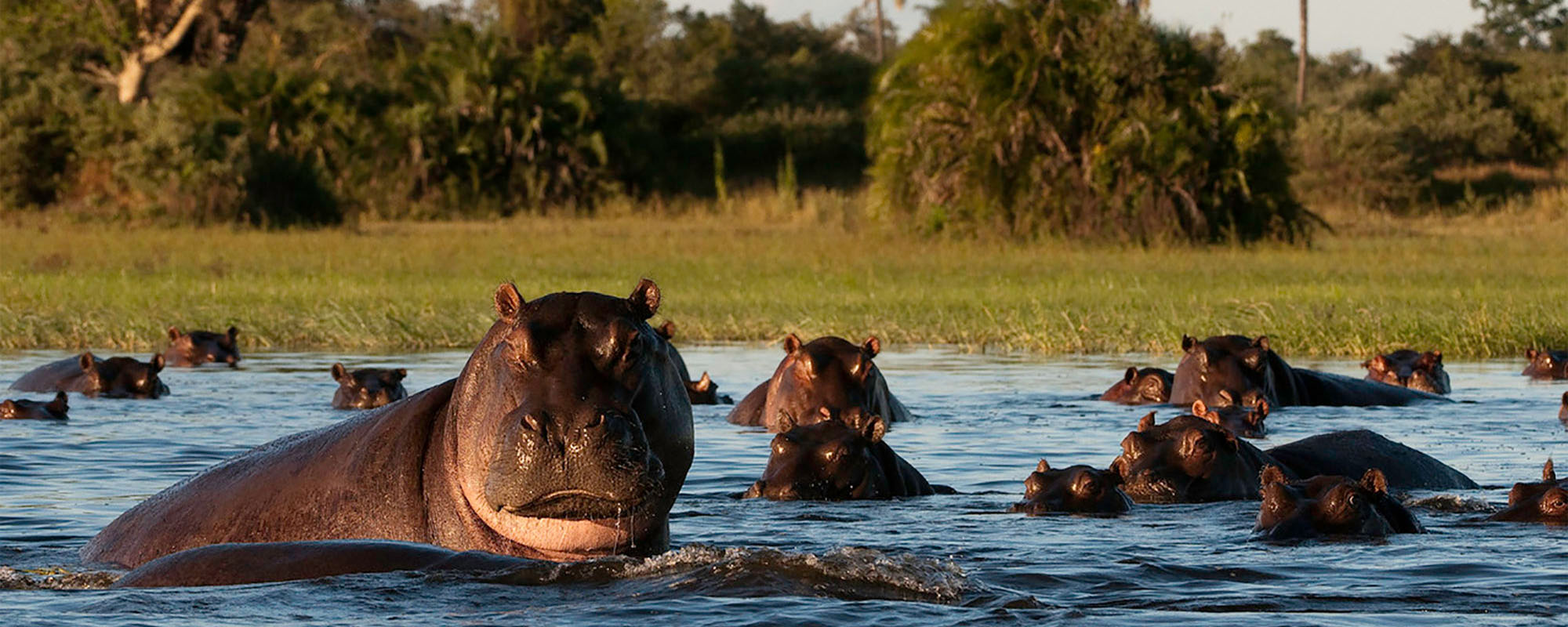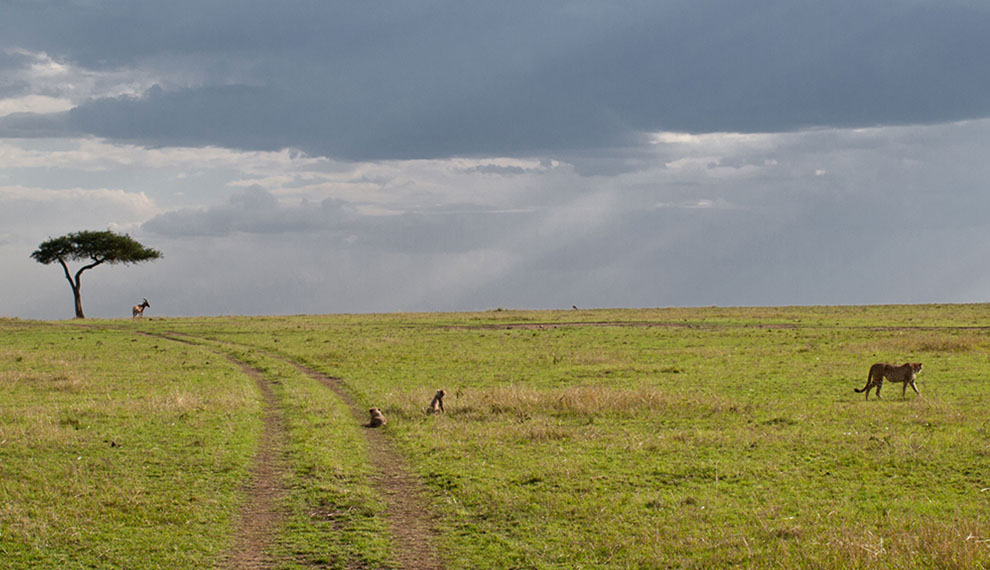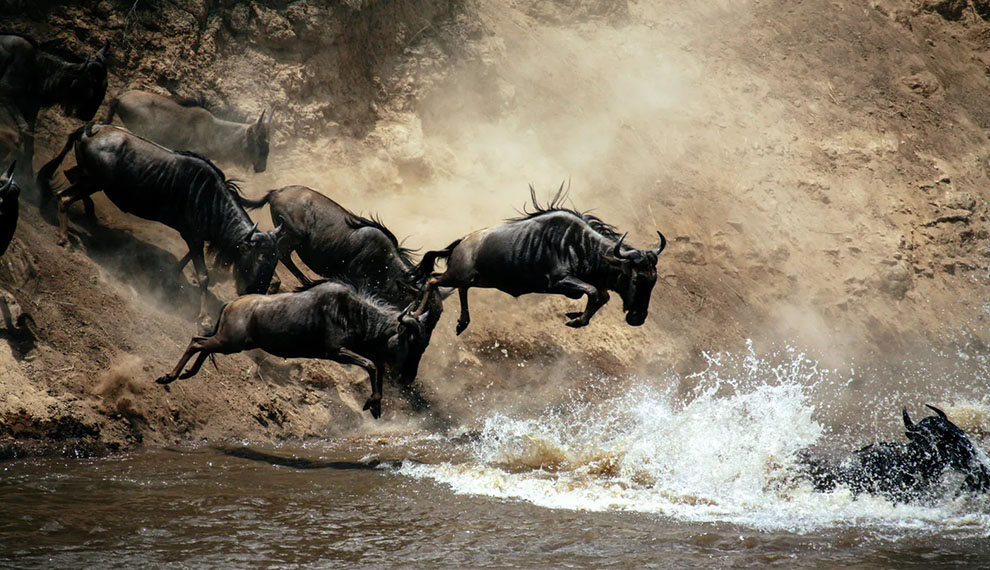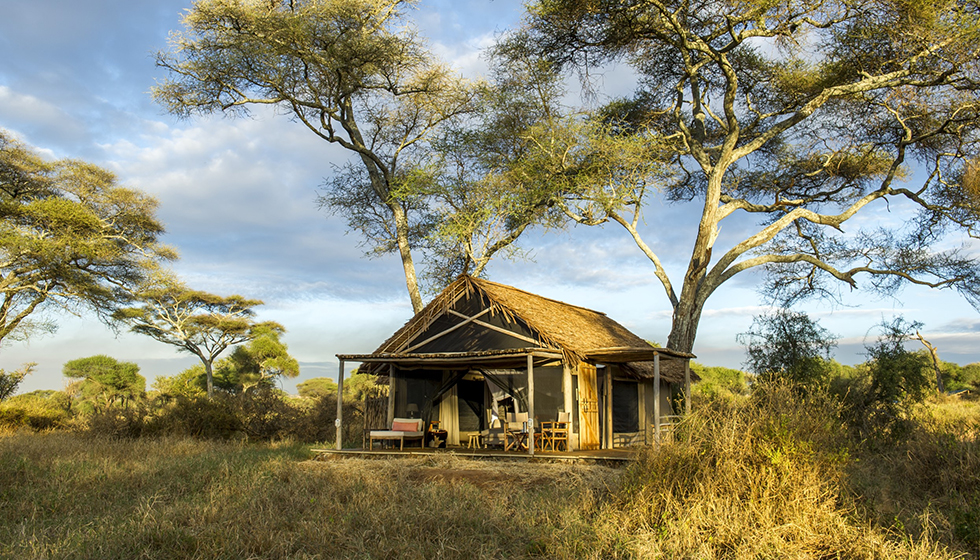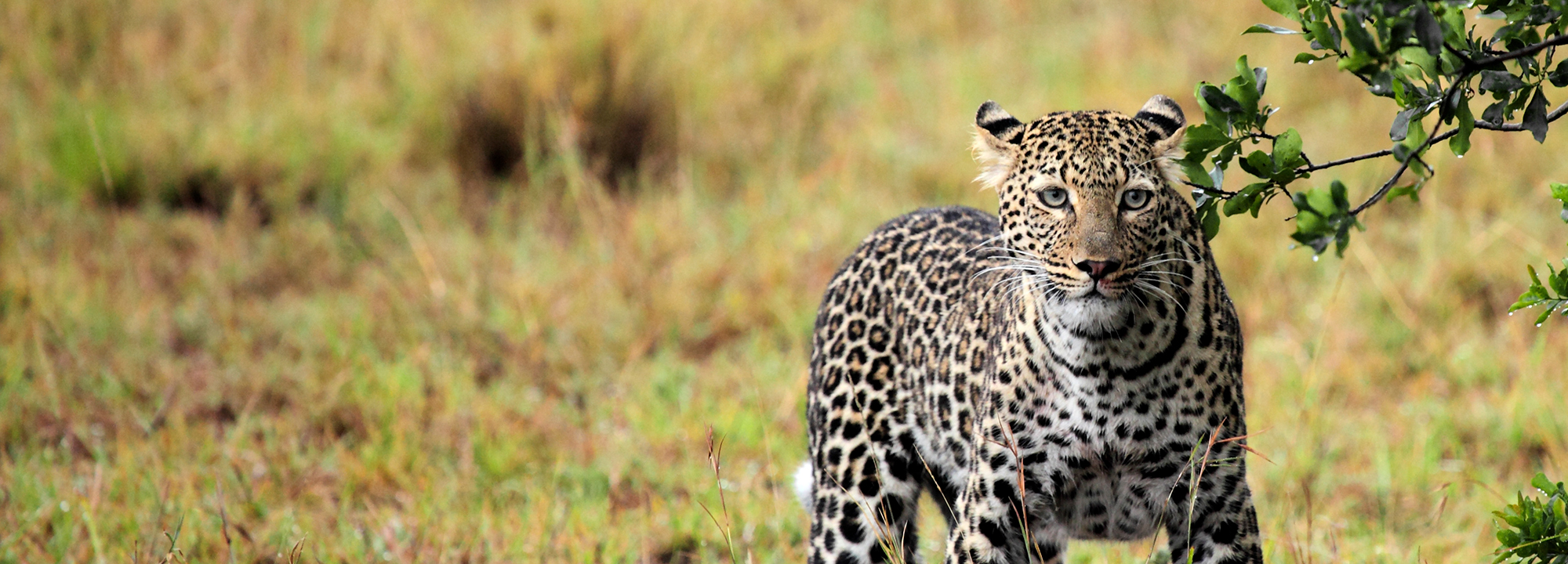
Africa’s Iconic Big Five
When considering where to go on safari an obvious question will be what will I see? The answer, pretty much everywhere, is a huge amount – but the truth is that certain animals generate more excitement than others, the charismatic megafauna hogging the limelight over the more esoteric.
At the very top of this pyramid lie the Big Five which has become safari shorthand for the animals that everybody really wants to encounter. The term “Big Five” derives from the early days of the Great White Hunter and the species therein were considered the most challenging and sporting to shoot – which explains why some of the other iconic beasts of the African savanna – giraffe, zebra, wild dog, cheetah, wildebeest, hippos and crocs don’t make the list.
It’s now in general safari parlance as the most sought after mammals, not to shoot, but to see – and to get a full house is akin to hitting a six or knocking the baseball out of the park, it doesn’t get better than that. While we might contend that there are less grevy’s zebra than black rhino, there is no argument that encountering a Rhino is a very special experience.
The “Big Five” has also become shorthand for both the ecology and conservation status of any particular area. Any wilderness where all the Big Five naturally occur is going to be a classic – somewhere in East or Southern Africa which is well worth visiting. Buffalo – probably the easiest of the group to encounter – require lots of space, grass and water. Lions, once widespread across Africa are now almost entirely restricted to formally protected wildlife areas. Leopard remain widespread but in order to have any chance of seeing them must live in a place free from harassment, otherwise they melt into the cover. Rhino and elephant have to have both space and protection. Any Big Five area that has successfully protected all of the Big Five, particularly rhino and elephant, against the relentless onslaught of commercial poaching over the last few decades is one that is a conservation success.
“Big Five” areas can be relatively small – the floor of the Ngorongoro Crater has to be along the smallest at 100 square miles – or enormous, the Kruger National Park qualifies and is one if the largest parks in Africa. They can be fairly obscure, Zambia’s North Luangwa National Park is one while the more famous South Luangwa and Lower Zambezi Parks are not, similarly Meru in Kenya fits the bill while Amboseli does not. There are of course many Parks which host 4 of the 5 (in most cases having lost rhino sadly) which are irrefutably worth visiting – but the concept of “the Big Five” will always remain special and the kudos given to anywhere successfully protecting these magnificent creatures should be celebrated.
+ Read More
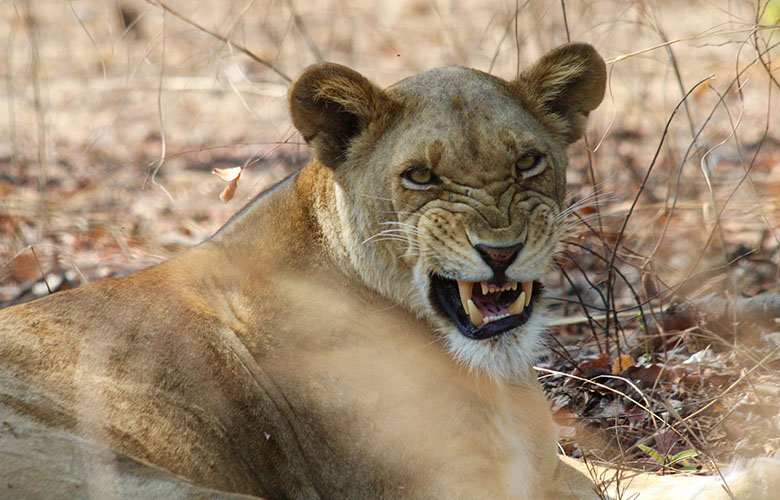
- Mega buffalo herds on the plains of Katavi National Park
- Visit the place of elephants: Gonarezhou National Park
- Tracking leopard in Ruaha National Park
-
ATOL Protected
-
24/7 Guidance & Support
-
20+ Years of Experience
-
We take care of the leg work
-
We find you the best deal
BEST TIME TO SEE THE BIG FIVE
The best chance of encountering the Big Five is in the dry season, when access across vast areas is at its greatest, the bush has died back sufficiently making sighting them more likely, and last remaining water sources make the concentration of mammals much greater.
East African seasons are harder to predict than the south where it’s generally wet from mid-November to late April – in East Africa steer clear of March, April and November.
BEST TIME TO SEE THE BIG FIVE
Inspiring Itineraries
From authentic safari experiences to luxury escapes, we create entirely unique itineraries that are bespoke to each client’s desires. Take a look at some of the tailor-made trips we’ve created previously. Itineraries
Top Parks for spotting the Big Five
“The less-is-more formula Natural High advocates makes complete sense. Luxury lies in exposing the sensory, instinctive self to the scents and sounds of the wild.– DIANE FOSSEY
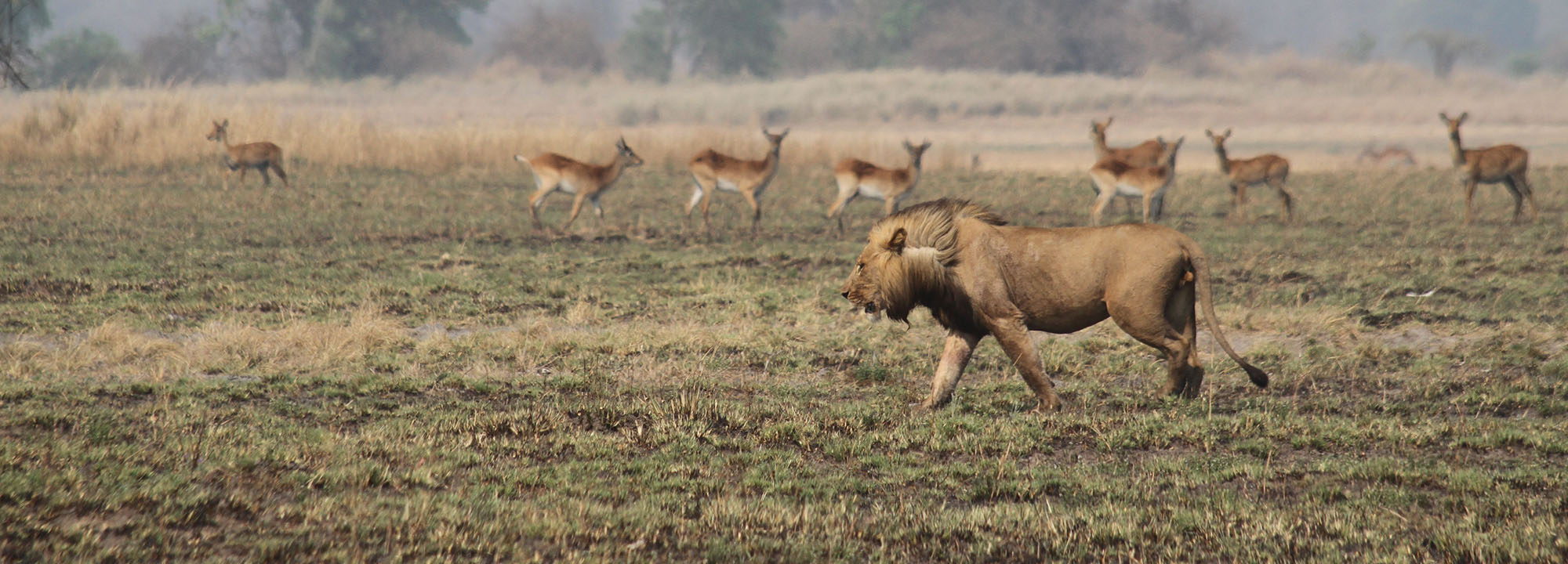
Our Favourite Camps & Lodges
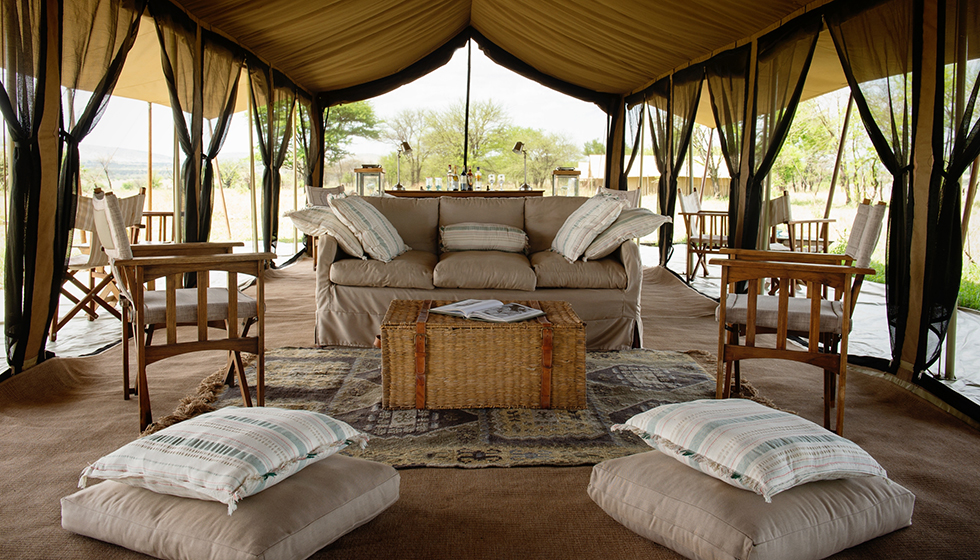
A luxury mobile camp that moves seasonally to position itself perfectly to follow the wildebeest migration as they move around this vast National Park.
Learn More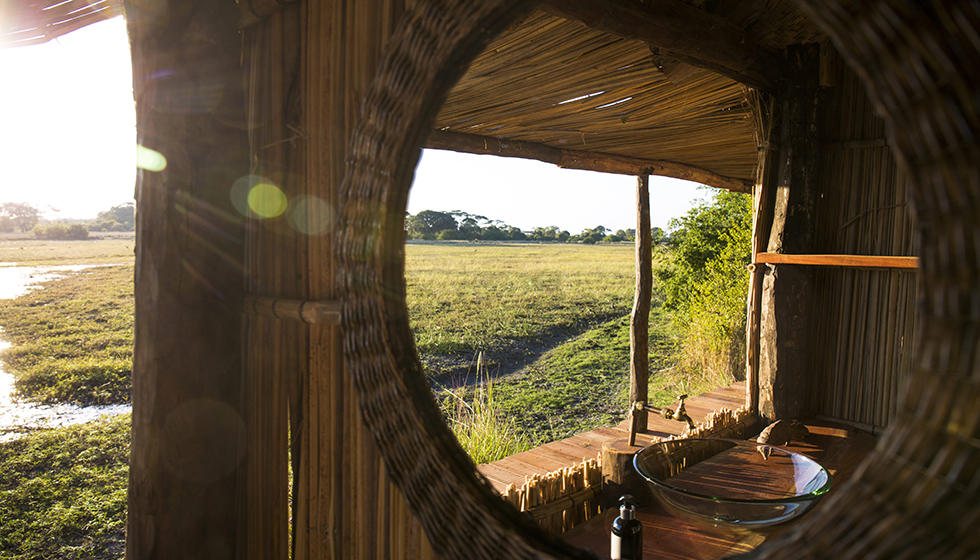
If a camp could be cloned and replanted in every wild place worth visiting it would be Musekese as it’s everything that a safari camp should be.
Learn More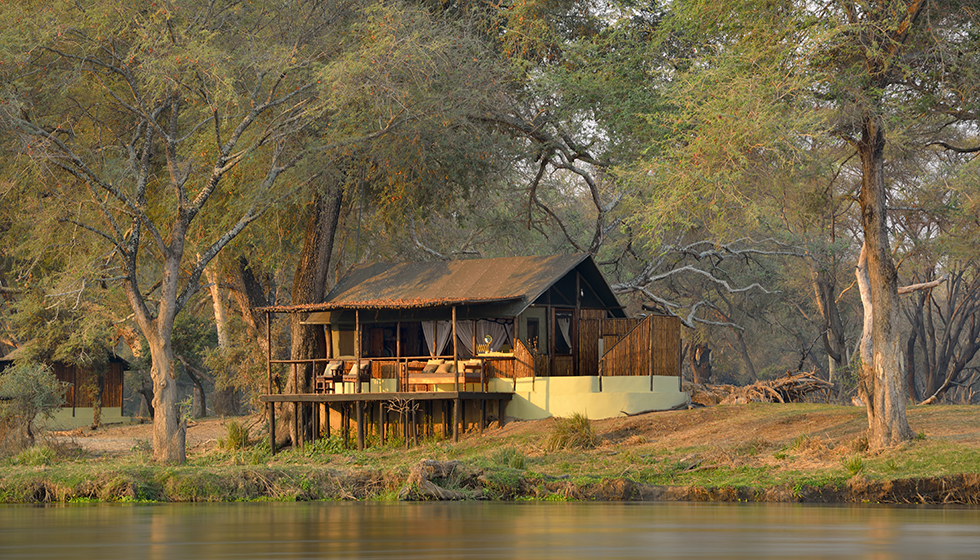
The camp is well suited for people who enjoy the bush without the fanfare. Its simplicity is what makes it, along with the great all round wildlife experience.
Learn More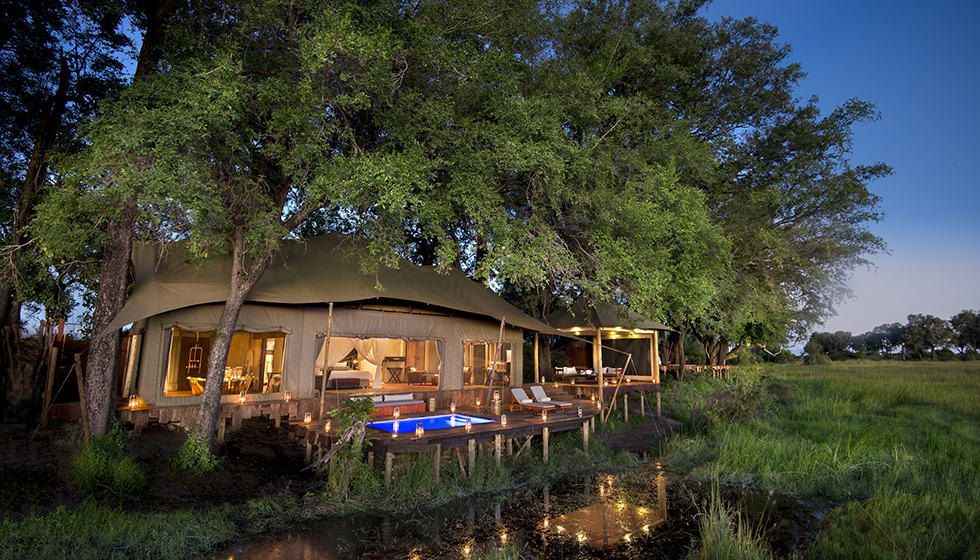
The camp commands stunning views over the plains and the open fronted dining room gives a very pleasant feeling of being a part of the landscape.
Learn More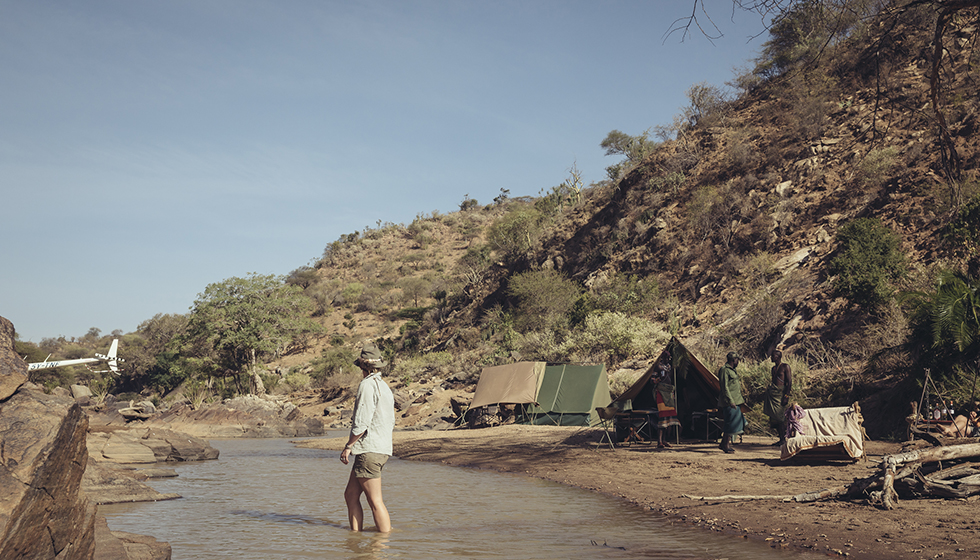
Wildlife is not a highlight here, but you do stand the chance of seeing a real gem such as wild dog, if you have the patience to look.
Learn MoreSee the Big Five on foot
The world renowned Serengeti National Park is a good option for not only seeing the Big Five but you also have the chance to do whilst on foot.
All of the Big Five can be found here, as well as the park hosting the biggest mammal migration in the world. Strike out with an experienced armed guide, tracker and lightweight camp on an unbeatable walking safari across the vast plains of the Serengeti.
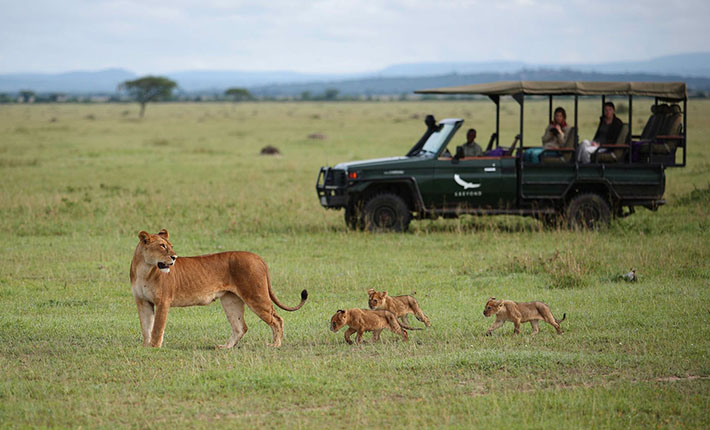
From Our Travel Guides
Meet Our Travel Experts
It takes genuine local knowledge to craft trips that go beyond the ordinary. The Natural High team have unrivalled experience and will take your ideas and turn them into your trip of a lifetime.
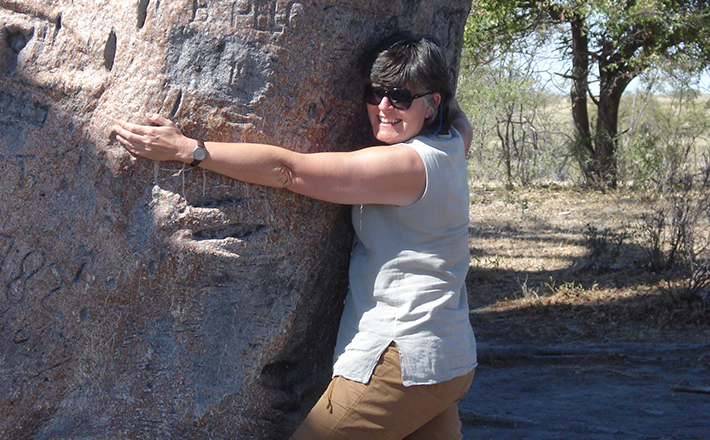
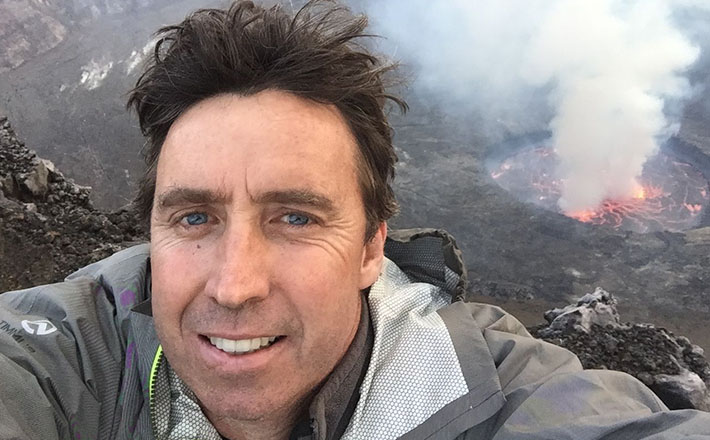
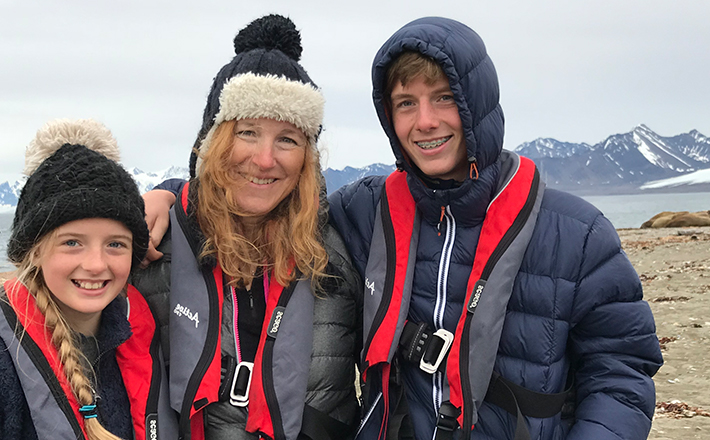
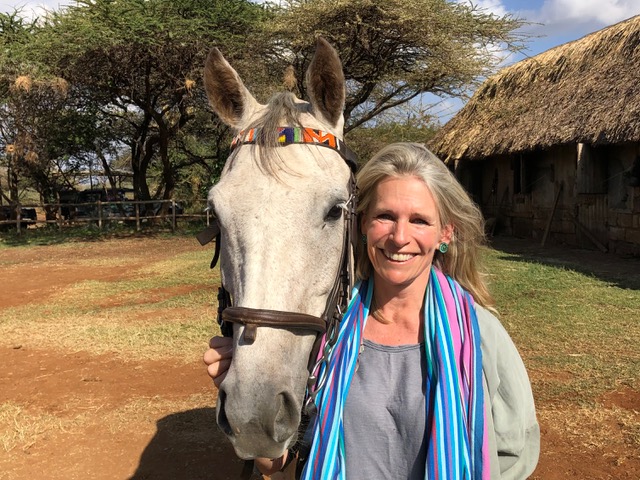
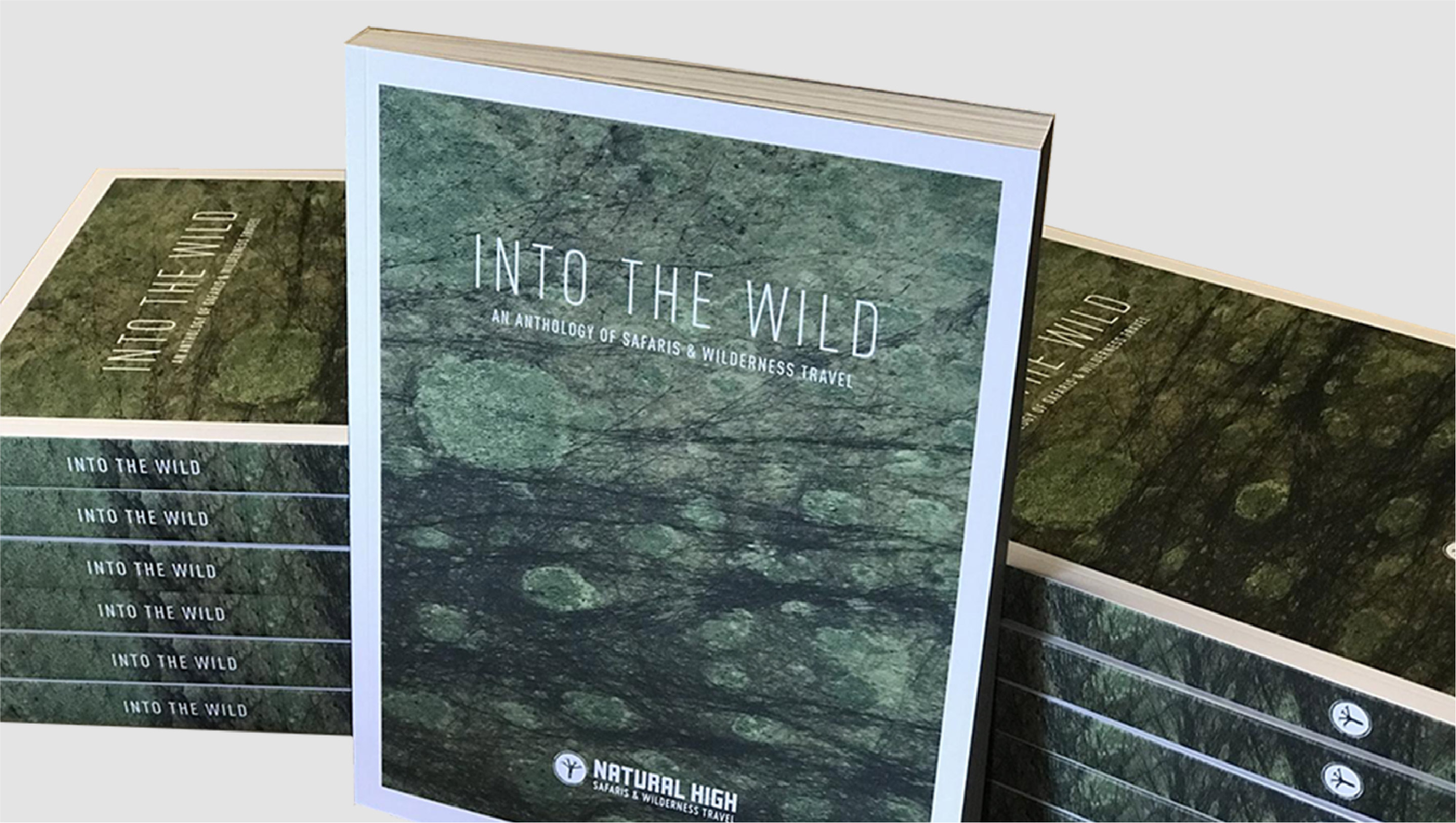
Into The Wild Brochure
Need some more inspiration? Request a copy of Into The Wild, our comprehensive anthology of safaris and wilderness travel.


